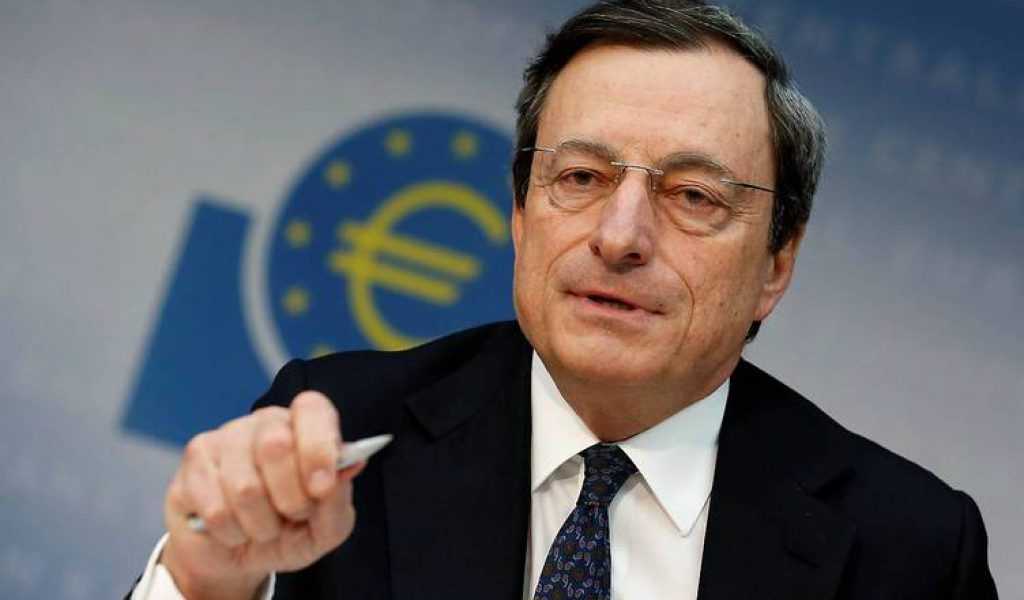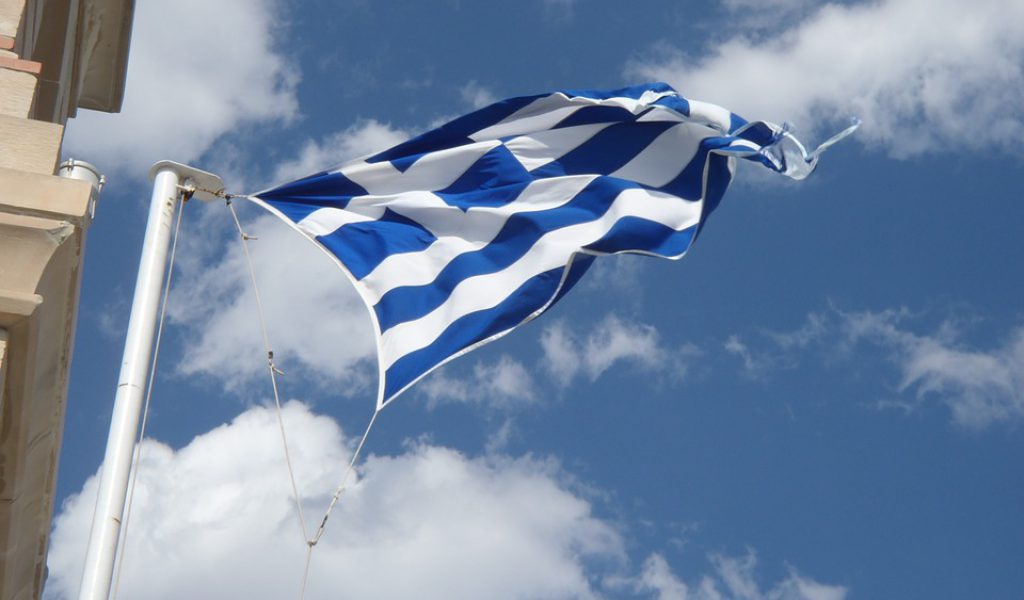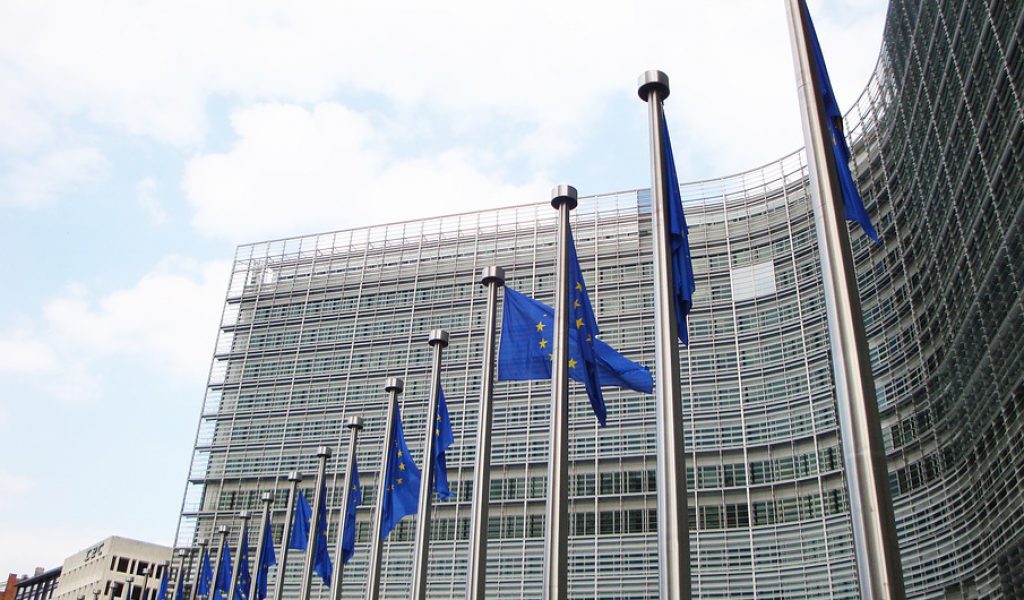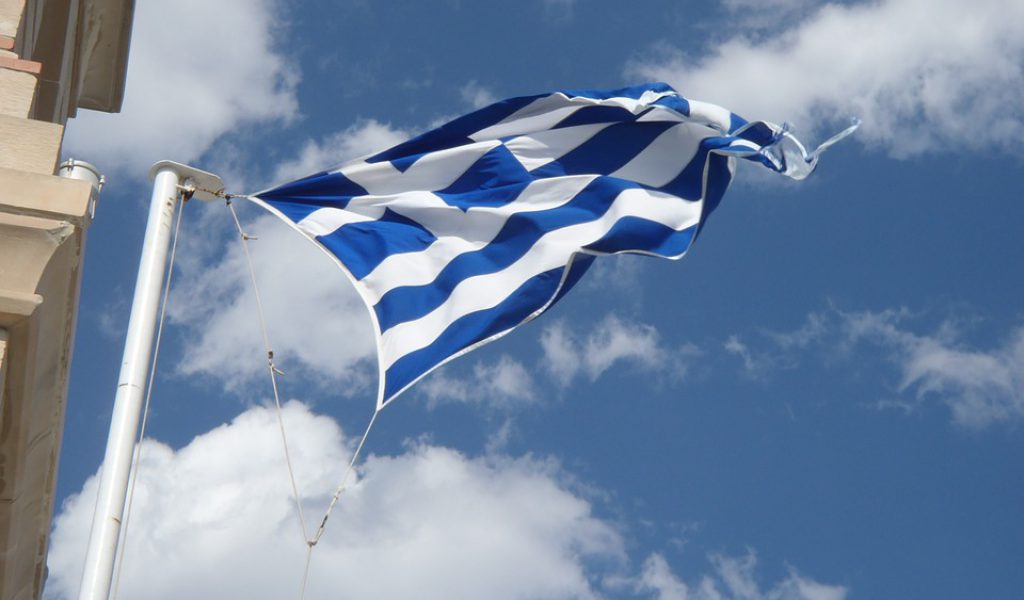Draghi: raise now the price of money would be bad for the economy
In an interview with Bild, Mario Draghi spoke of the lack of inflation in the euro, the impact of low interest rates on savers – in particular to be angry are those Germans – the age-old problem of the greek debt and referendum on Brexit, scheduled for June 23.
The journalist who asked how a central banker Italian, that the Germans feared could trigger inflation too high, can not stimulate consumer prices, Draghi said that in Germany can rest assured that the ECB is doing everything possible to bring inflation to the desired levels, around 2%. "Interest rates are low because growth is low and inflation is too low. Think about what would be the alternative: if we increase the time cost of money, what would be bad for the economy and result in deflation, unemployment and a new recession. "









